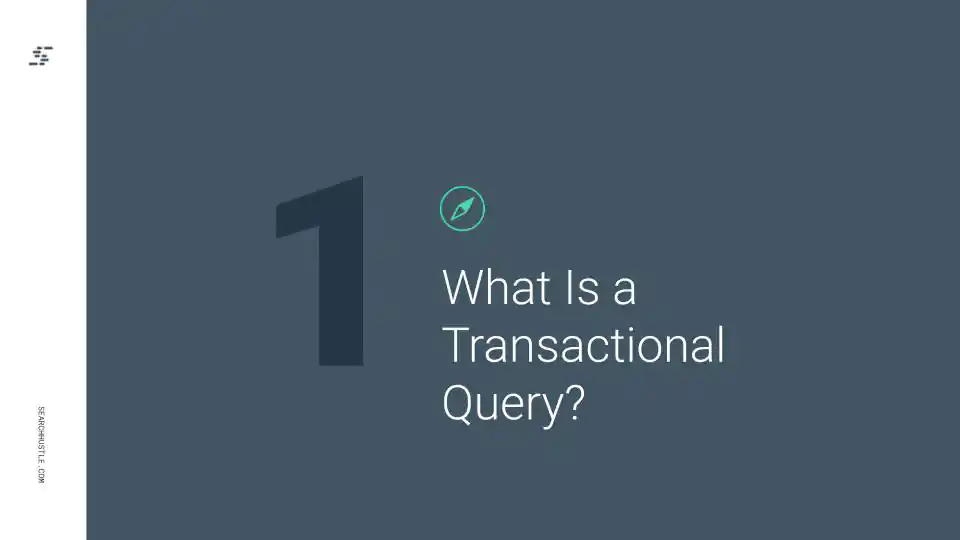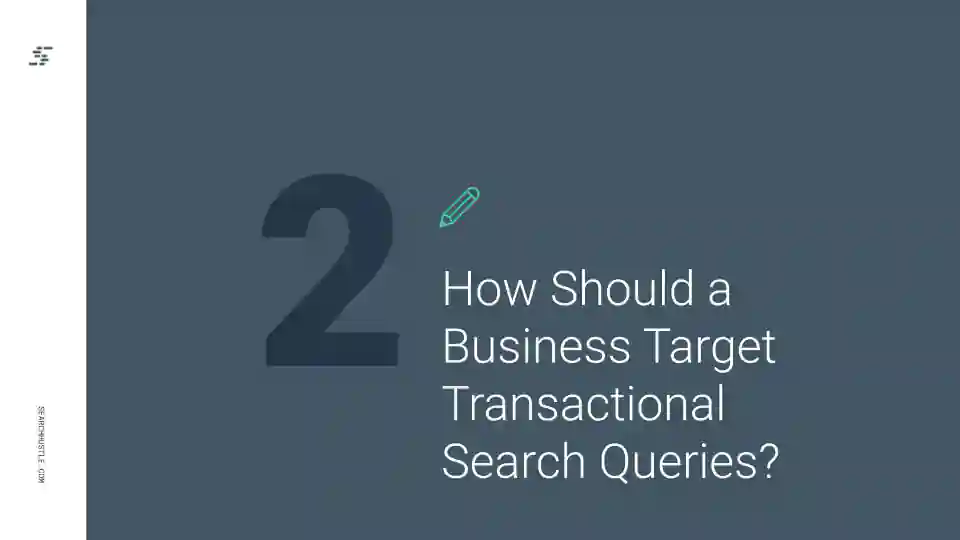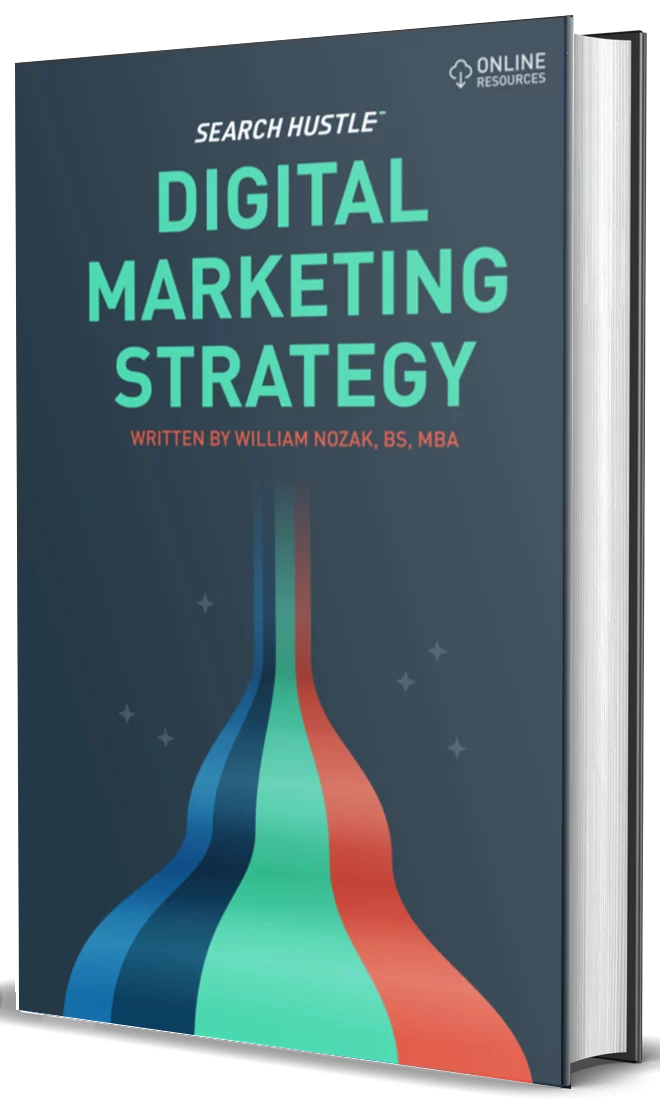What Are Transactional Queries?
The user wants to achieve a specific action with a “do” or transactional query. This could mean they wish to purchase a product or a service.
When a user is performing a transactional query, it is often on a mobile device. More than half of all web traffic is mobile these days. Nearly 62% of smartphone users have purchased from their devices in the past six months; undoubtedly, these mobile-first spending habits will continue to rise.
This is why businesses must ensure a mobile device’s user experience (UX) is as good as the UX from a desktop version of the site.
Google now uses a mobile-first index. So, it’s critical to check your SEO, viewports, CTAs, and content from a mobile device, not just on a desktop. If your business has an e-commerce site, you must ensure the website loads quickly and is user-friendly for smartphone users who will likely be looking to make a purchase.
On average, internet users search Google 4 times a day.
The words and phrases an internet user types into the web browser’s search box to pull up a list of results are referred to as a “search query.” There are three types of search queries: navigational, informational, and transactional.
Although navigational and informational lead to sales – a user is looking for your place of business or learning more about your product, service, or company. Let’s focus on transactional queries for the moment.

What Is a Transactional Query?
Transactional queries are just like they sound. The searcher intends to make a transaction, typically a purchase sometimes referred to as a “do” search.
A transactional search query often centers around a specific brand or product name (like “ASICS shoes”). However, it can also be generic (like “men’s running shoes”) or include terms like “buy,” “order,” “purchase,” or “download.” This type of traffic tends to be high-value because searchers are close to the bottom of the funnel (BOFU).
BOFU searches are one of the most valuable types of queries. Unfortunately, they’re also not nearly as prevalent as informational queries. This is why a business should always strive to have its website include content-rich pages. This allows for SERP placement throughout the sales funnel (TOFU, MOFU, and BOFU). This makes it easier for potential searchers to find and eventually transact with you.
Vertical searches
A vertical search is a subset of a transactional search query. It stands for a user looking to make a transaction in a specific industry.
A vertical search commonly includes local searches, hotel searches, restaurant searches, theatre searches, etc.

How Should a Business Target Transactional Search Queries?
When a business tries to hone in and target users performing transactional search queries, it is best to use a two-pronged approach. This means you should utilize organic content (local SEO, optimized pages, etc.) and pay-per-click advertising like Google Ads/Facebook Marketing.
There are several reasons why PPC works well for targeting transactional search queries:
- When users search for a product to buy, a sponsored ad will appear at the top of the SERPs; and be just as likely to deliver what they’re searching for as the organic results.
- For transactional queries, sponsored results take up much of the SERPs’ real estate, giving you better visibility.
- Google Ads enables you to include a picture of your product in the sponsored ad, which is visually appealing and eye-catching to users.
- Users are more likely to click on a sponsored ad when looking to buy a specific product over organic results.

Ready to Take Your Search Hustle Further?



